Speech of Mr CY Leung,
Former Chief Executive of Hong Kong Special Administrative Region Government, Vice-Chairman of the National Committee of the Chinese People’s Political Consultative Conference
(Feb 25, 2021)
Why is democracy an issue in Hong Kong? As the former secretary general of the Basic Law Consultative Committee which spent four and half years, consulting widely the public of Hong Kong on the question of the contents of the Basic Law between 1985 and 1990. I have something to offer.
Firstly, let us look at the question about what is democracy in Hong Kong. First, Hong Kong never had an elected Governor under British rule which ended 24 years ago. And never had an elected legislature before China and the UK started negotiations on Hong Kong’s future. Secondly, the political status of Hong Kong is that of the city, albeit one with a high degree of autonomy. It’s useful to remember that Hong Kong did not become, it still is not a sovereign state. We are not a Singapore or for that matter, any other former British colony. So what is Hong Kong? The negotiations of Hong Kong’s future was between China and the UK, which produced the Joint Declaration. Hong Kong was never a party in the negotiations, or in the agreement. The UK handed Hong Kong back to China, and it was China that authorized the establishment of the HKSAR and delegated certain powers to the government of the HKSAR. The HKSAR was not created by the people of Hong Kong. The highly autonomous powers of the HKSAR government do not come from the local people. Local people, for example in the UK, do not and cannot through local elections give their local government such highly autonomous powers. In other words, if Hong Kong residents want to emulate their London counterparts, the people of London, in voting in their city leader, Beijing could happily agree tomorrow, provided the Hong Kong Chief Executive ( the CE) has the same limited powers as the London mayor. So we as the people of HK cannot have our cake and eat it, casting Beijing to one side in the process of selecting the CE and at the same time, insisting on giving the CE much more powers than those of the London Mayor.
So, what powers does Beijing have? In the Joint Declaration of the government of the UK and China, the following clause is highly relevant, “The CE will be appointed by the Central People’s government on the basis of the results of elections or consultations to be held locally.” The words to note here are “consultations” and “appointed by Central People’s Government”, that’s Beijing, meaning one if the selection of the Chief Executive is carried out on the basis of consultation , and not election tomorrow, this would still be in line with the Sino-British Joint Declaration and the Basic Law; and two, whatever the result of consultation or election, it is subject to the appointment of Beijing and the rationale is simple, most of the powers of the CE , unlike those of the mayors of London, New York, Tokyo, do not come from the people. They come from the Central Government in Beijing. So, last question, did Beijing government promise Hong Kong people one person one vote”. Yes, and this is what the Basic Law actually says. “The ultimate aim is the selection of the Chief Executive by universal suffrage upon a nomination of a broadly representative nominating committee in accordance with democratic procedures. So why hasn’t universal suffrage happened? I tried. I put a formal proposal on the table in 2014, that would have given Hong Kong people universal suffrage in electing the Chief Executive. It resulted in unfortunately the Occupy Central Movement. Why? Because the Movement started and backed by the so-called pro-democrats, did not like nomination by a nominating committee, which is a requirement in the Basic Law. Instead, they insisted on the so-called civic nomination, meaning any group of voters in Hong Kong could nominate a candidate. That was against the Basic Law. That was not the deal. I asked the occupiers this question, “whatever the method of nomination, what if Beijing in the end rejects the elected candidates?” Most people to whom I asked this question did not have an answer. But some said, Beijing should respect the choice of Hong Kong people. Let’s examine this. If we take away Beijing’s power of appointment and at the same time retain the high degree of autonomy, like I said earlier, take our cake and eat it, what would become of Hong Kong? An independent state is probably the answer. Let me remind everyone of what I said earlier, at the end of British rule in 1997, Hong Kong did not join China as if China was a federal state. Instead, Hong Kong was returned by the British rule to China, which then established the HKSAR and delegated certain powers to HKSAR through the articles of the Basic Law.
As we fast forward to 2019, two years ago, where we had riots in the streets in Hong Kong, the so-called pro-democrats wanted genuine universal suffrage 真普選. By the word “genuine”, they meant again universal suffrage without nominating committee nomination. That I am afraid is not the deal in the Basic Law.
Please follow our YouTube channel:https://bit.ly/2kgU8qg
Download our mobile apps to receive the latest information: https://www.speakout.hk/app
Visit our Instagram account:https://www.instagram.com/speakout_hk/?hl=zh





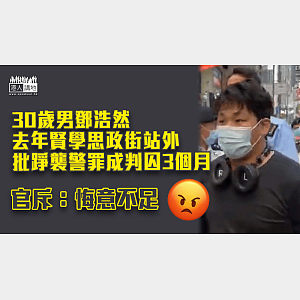
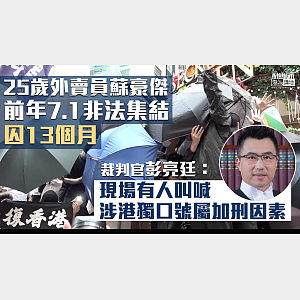

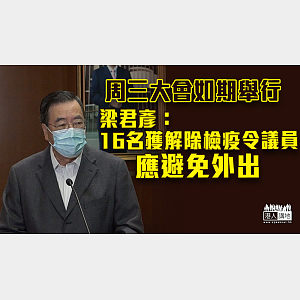
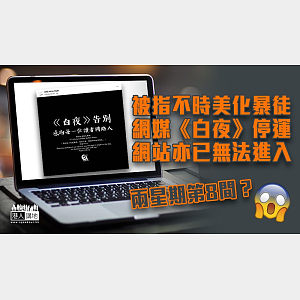
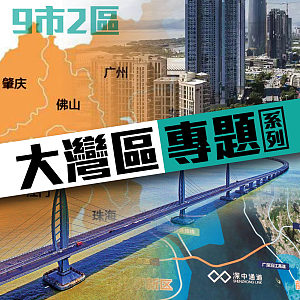
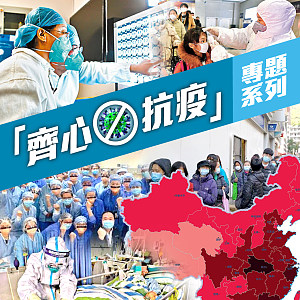
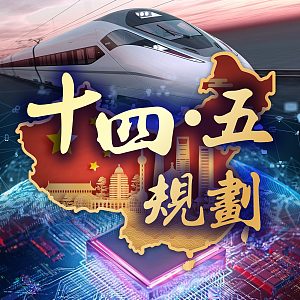
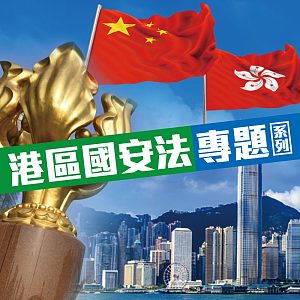
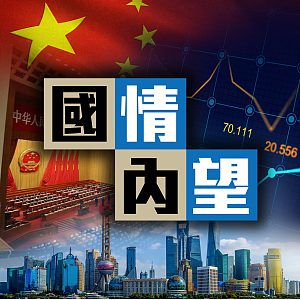






評論
+85295****77
4年前沒有更多評論
沒有更多評論